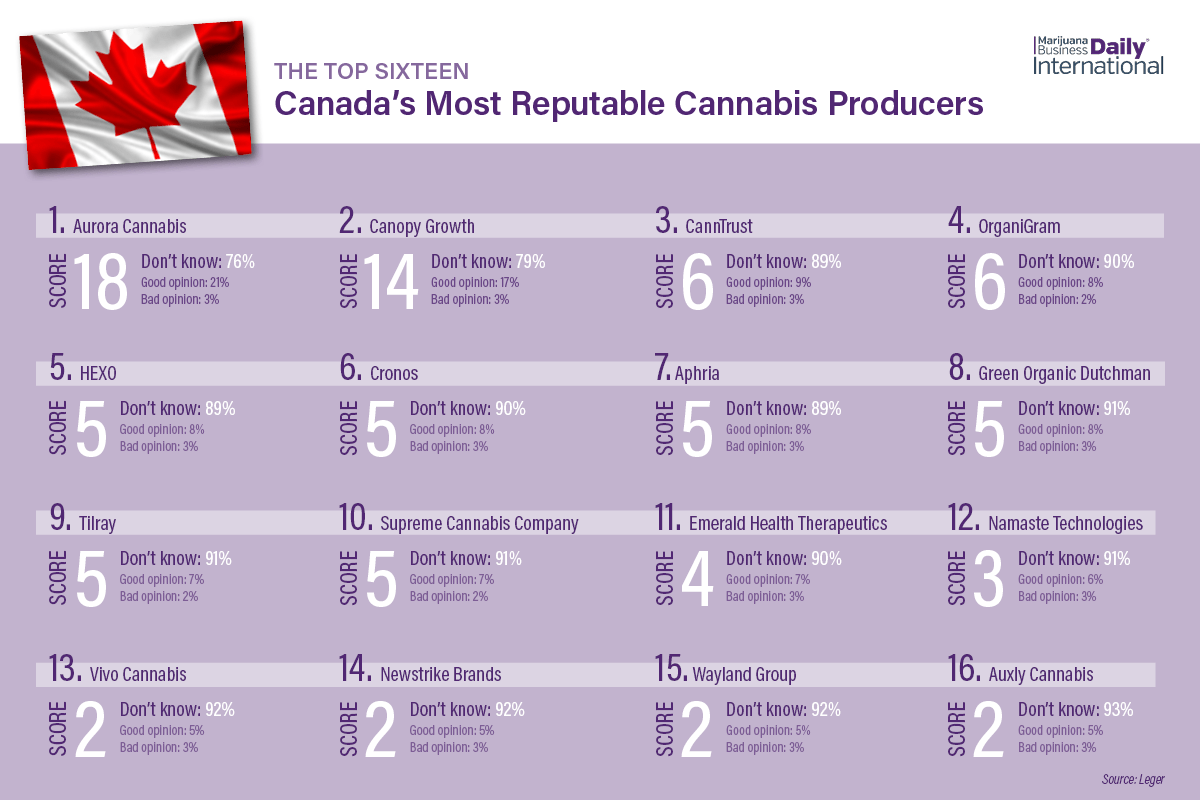The obituary for Italy’s thriving “cannabis light” industry – stemming from an apparently unfavorable court decision – was highly premature, local industry leaders told Marijuana Business Daily.
They noted the ruling surrounding low-THC cannabis was ambiguous and the full version is still unavailable.
A “cannabis light” industry has been booming in Italy since 2017, when a law went into effect that was intended to promote the cultivation of hemp. Many also interpreted the law as allowing the sale of “cannabis light” products containing a minuscule amount of tetrahydrocannabinol (THC).
The current uproar was sparked by Italy’s Supreme Court of Cassation’s summary ruling on May 30 that some politicians and media outlets interpreted as effectively banning cannabis light products.
Not so fast, experts say.
Federico Valla, co-founder of Parma, Italy-based EasyJoint, a pioneer in the cannabis light industry, insisted nothing has changed.
Valla pointed to “alarmism in the media scaring those who don’t read the original sentence until the end of the document.”
Court ruling
The language in question does say the sale of cannabis derivatives such as “leaves, flowers, oil and resin” does not fit into what law 242/2016 allowed, which was the cultivation of cultivars included in the European Union’s “Common Catalogue of Varieties of Agricultural Plant Species” (Article 1) and a limited list of possible uses (Article 2) that does not include the previously mentioned.
However, the end of the court document contains an exception that seemingly would allow the commercialization of products that do not have an intoxicating or narcotic effect (in Italian: “salvo che tali prodotti siano in concreto privi di efficacia drogante”), which may be enough for the industry to continue operating as is.
Or it may not. The full ruling, which will provide much-needed clarity, has not yet been released to the public.
That is expected to happen in the coming weeks.
The May 30 court ruling came just weeks after Matteo Salvini, deputy prime minister and minister of the interior, vowed to close all cannabis light shops.
Not unsurprisingly, Salvini welcomed the court decision.
Legal implications
Giuseppe Libutti, a business lawyer specializing in cannabis light, told MJBizDaily, “The business of cannabis light is not foreseen in the Civil law (law 242/2016) nor in the Penal law (dpr 309/1990) used by the ruling to justify their decision. This means that, theoretically, nonintoxicating cannabis products could be sold even if they don’t originate from certified seeds of the EU catalog.”
“Concerning the ‘efficacia drogante’ exception that the ruling makes at the end, medical science established that the limit is 0.5% THC and it was recognized in previous Supreme Court sentences,” Libutti said, hinting that as long as the final products remain below that limit – as they are now – then sales should not be prohibited.
“At this time, we have to remain calm and wait for the full (ruling) to fully understand its impact. Anything else is speculative,” he said.
Business as usual
Giacomo Bulleri, a Tuscany-based lawyer specializing in cannabis legislation, said that 0.5% THC is the “intoxicating” limit from the law’s point of view.
He also believes the ruling caused an unjustified overreaction with “the media and certain politicians using the sentence for political purposes.”
Sergio Martines, CEO of Sicily-based manufacturer and processor of CBD Canapar Corp., said he is “not concerned at all by the ruling” and suggested “the most prudent thing to do is to wait until the complete motivations and logic behind this can be read.”
“The ambiguous ruling seems to close a door while opening a window with the last sentence,” Martines added.
Marco Cappiello, co-founder of Amsterdam CBD manufacturer Enecta, also said the ruling has not affected his company.
“Nothing changed,” he said. “It’s business as usual.
“But this could be a challenge for small retail shops that are being subject to ever-increasing police controls. Even if, after seizing the products, the police can’t prove any wrongdoing and has to return everything, having the inventory seized and no sales for a period of time could have a big impact in retail businesses.”
Valla also sees a possible impact on retail shops, with sales shifting to online platforms.
“The police were already carrying out controls before this ruling,” he said. “Maybe this encourages law enforcement to increase seizures to test for psychoactive products, but legally there’s nothing new here.
“If anything, what changed is that we might have increased online sales as some retail shops close to not have to deal with seizures.”
Last December, Canopy Rivers increased its ownership of Canapar to 49.9%, while LGC Capital acquired 47% of Easy Joint.
Canopy Rivers and LGC Capital are both headquartered in Toronto and trade as RIV and LG, respectively, on the Toronto Venture Exchange.
Alfredo Pascual can be reached at alfredop@mjbizdaily.com





